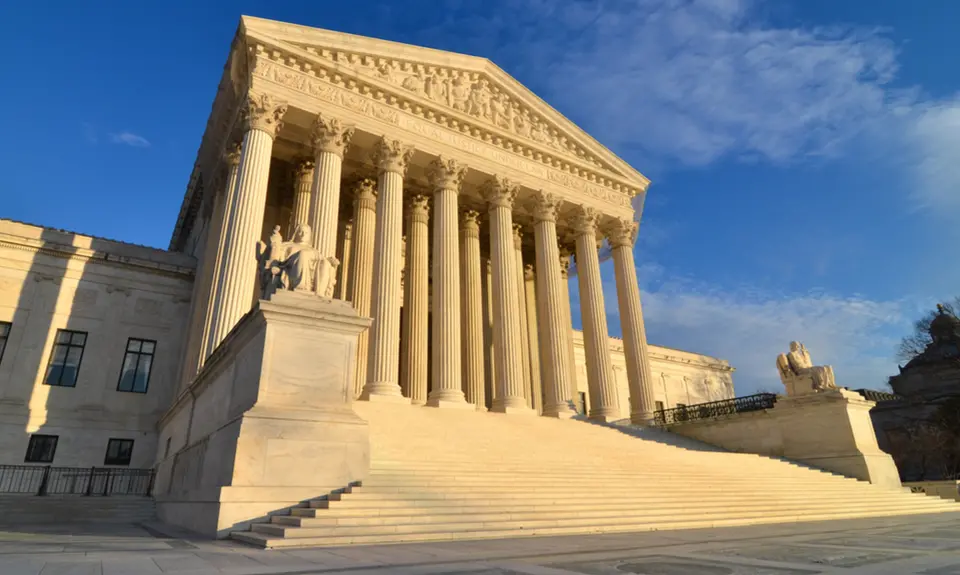“Confirmed Judges, Confirmed Fears” is a blog series documenting the harmful impact of President Trump’s judges on Americans’ rights and liberties. Cases in the series can be found by issue and by judge at this link.
Trump Third Circuit judge Peter Phipps tried in dissent to reverse a district court ruling and authorize lawsuits by non-union members to recover fair-share fees paid for collective bargaining representation that were legal under state law and Supreme Court precedent until the Supreme Court ruled they could no longer be collected in 2018. The majority, including a George W. Bush nominee, rejected Phipps’ claims and affirmed the judgment dismissing the complaints in its September 2020 decision in Diamond v. Pennsylvania State Education Association.
For many years since the Supreme Court’s 1977 decision in the Abood case, public sector unions collected “fair share” fees from workers who decided not to join the unions but benefited from collective bargaining and related activities by the unions on behalf of all workers. Pennsylvania passed a law specifically directing the payment of such fees shortly after the Abood decision.
In 2018, however, a 5-4 Court ruling in the Janus case overruled the Abood decision. Unions in Pennsylvania and elsewhere immediately stopped collecting such fees, but some employees in the state sued unions under 42 U.S.C. 1983 and tried to get them to repay the fair share fees that were collected when they were clearly legal under Supreme Court and Pennsylvania law. In accordance with decisions from around the country, the district court dismissed the claims for monetary payments because the unions collected the fees based on “good faith reliance” on state law and on Abood. The case was appealed to the Third Circuit.
Based on different rationales, two appellate judges ruled that the district court decision should be affirmed. Judge Marjorie Rendell agreed with the district court’s reasoning, explaining that a “growing consensus” of federal courts of appeal have agreed that such claims are “barred by the [u]nions’ good faith defense.” In fact, she noted, union collection of fair-share fees “was authorized by over four decades of Supreme Court precedent and a Pennsylvania statute.” George W. Bush nominee Michael Fisher concurred in the result, based on a “well-established defense” that was recognized when section 1983 was passed in the 1870s, under which “judicial decisions invalidating a statute or overruling a prior decision,” like what happened here, “did not generate retroactive civil liability” concerning “financial transactions” conducted “in reliance on the invalidated statute or overruled decision.”
Trump judge Phipps did not agree with either rationale and dissented. He claimed that both the “history and purpose” of section 1983 contradicted the idea of a “good faith defense” as in this case. He also maintained that the cases relied upon by Judge Fisher in the 1870s did not apply, since unlike in those cases, the “fair share” fees in this case were “not voluntary.”
The judges in the majority explained what was wrong with Phipps’ arguments. Judge Rendell carefully pointed out that numerous decisions made clear that the “narrow” good faith defense claimed here was consistent with the background of and precedent under section 1983. Judge Fisher demonstrated that “none of the plaintiffs” in this case had even alleged the type of severe “duress” that was deemed necessary in the 1870s to make an exception to the rule he articulated.
As a result of the majority decision, public sector unions will not be forced to repay what could be very substantial sums of “fair share” fees that were legally paid for union collective bargaining over forty years. If Phipps’ dissent had prevailed, however, public sector unions would have been required to defend lawsuits and likely pay such large sums.
